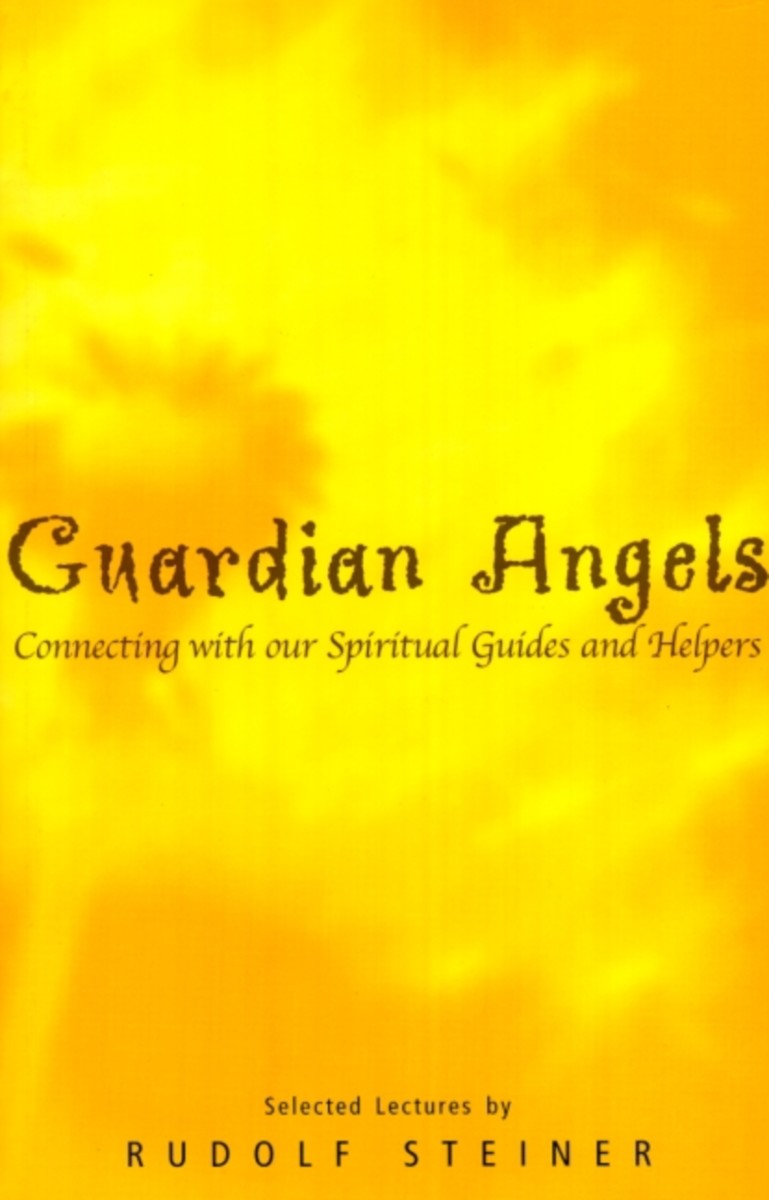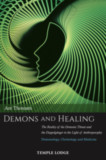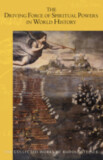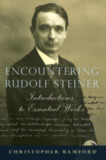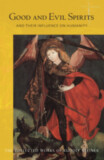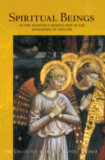Guardian Angels
Connecting with Our Spiritual Guides and Helpers
- Publisher
Rudolf Steiner Press - Published
1st February 2003 - ISBN 9781855840737
- Language English
- Pages 144 pp.
- Size 5.5" x 8.5"
6 selected lectures in various cities
Traditional folklore depicts guardian angels as beings who guide and protect us. However, although there are numerous stories of the miraculous intervention of these beings, many people continue to dismiss guardian angels as myth, superstition, or allegorical.
Based on his personal experience and cognition, Rudolf Steiner speaks of guardian angels and other spiritual beings as real entities. Their existence, he tells us, is a spiritual and scientific fact that can be researched and studied through clairvoyance. One of his aims was to enable people to reconnect with these spiritual beings, not only for their own benefit, but also for the benefit of the other kingdom of nature and the destiny of the earth's evolution as a whole.
In writings and lectures, Steiner intended to lead people from belief to recognition, knowledge, and real understanding of spiritual beings. In these six selected lectures—previously hidden away in early publications or journals—he describes the role of the guardian angel and our relationship to the heavenly hierarchies of spiritual beings as a whole, as well as how they shape our human form as a result of their cosmic activity.
People today are increasingly awaking to the angelic guidance in their own daily lives and beginning to seek it consciously. These lectures will help these individuals to understand their experiences and to make their communication with spiritual beings more conscious.
C O N T E N T S:
Introduction by Margaret Jonas
PART I:
1. Guardian Angels
2. The Human Form and Cosmic Activity
3. Lucifer and Ahriman
PART II:
4. Reconnecting with the Hierarchies
5. The Human Being and the Hierarchies
PART III:
6. How Worlds and Beings Relate
NotesRudolf Steiner
Rudolf Steiner (b. Rudolf Joseph Lorenz Steiner, 1861–1925) was born in the small village of Kraljevec, Austro-Hungarian Empire (now in Croatia), where he grew up. As a young man, he lived in Weimar and Berlin, where he became a well-published scientific, literary, and philosophical scholar, known especially for his work with Goethe’s scientific writings. Steiner termed his spiritual philosophy anthroposophy, meaning “wisdom of the human being.” As an exceptionally developed seer, he based his work on direct knowledge and perception of spiritual dimensions. He initiated a modern, universal “spiritual science” that is accessible to anyone willing to exercise clear and unbiased thinking. From his spiritual investigations, Steiner provided suggestions for the renewal of numerous activities, including education (general and for special needs), agriculture, medicine, economics, architecture, science, philosophy, Christianity, and the arts. There are currently thousands of schools, clinics, farms, and initiatives in other fields that involve practical work based on the principles Steiner developed. His many published works feature his research into the spiritual nature of human beings, the evolution of the world and humanity, and methods for personal development. He wrote some thirty books and delivered more than six thousand lectures throughout much of Europe. In 1924, Steiner founded the General Anthroposophical Society, which today has branches around the world.


